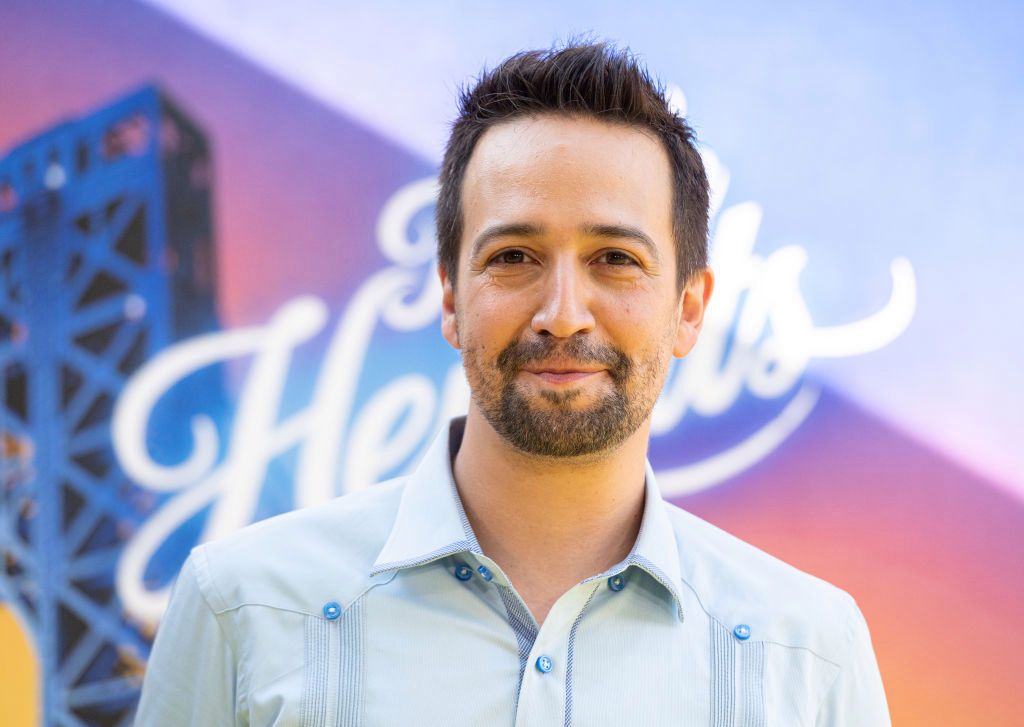‘We Fell Short’: Lin-Manuel Miranda Apologizes For ‘In The Heights’ Colorism, Erasure
Source: Gary Gershoff / Getty
As conversations surrounding colorism move from dinner table discussions into the mainstream, Tony-award-winning playwright Lin-Manuel Miranda was forced to face colorism accusations over his latest big-screen adaptation, “In The Heights.”
Prior to the movie’s release audiences raised concern over the lack of dark-skinned actors representing Afro-Latino communities in the diverse neighborhood of Washington Heights in New York City, which was depicted in the 2021 film. The criticism came to a bubbling point after a viral interview with Felice León of The Root, who forced the film’s director and some of its actors, to reckon with the erasure.
“I would say that that’s a really good conversation to have,” the film’s director Jon Chu responded to Leon’s question about the lack of dark-skinned Latinx actors in the film. However, Chu was reluctant to discuss the misstep and summarized that he “needed to be educated,” and chose actors who were “best for those roles.”
“But I hear you on trying to fill those cast members with darker skin,” he said.
León, who is Afro-Latino, shared that she was not granted an interview with Miranda and was disappointed that she could not point her questions to the mastermind behind the play which opened on Broadway in 2008 and is based on a book by Quiara Alegría Hudes.
Online, many were frustrated with the responses from some members of the cast who echoed Chu’s sentiment.
This forced Miranda to come out of the shadows in response to the critiques and directly address the growing concerns. Miranda posted a lengthy response to Twitter on Monday where he attempted to weigh in on the controversy.
“I’m seeing the discussion around Afro-Latino representation in our film this weekend and it is clear that many in our dark-skinned Afro-Latino community don’t feel sufficiently represented within it, particularly among the leading roles,” he wrote.
“I can hear the hurt and frustration over colorism, of feeling still unseen in the feedback. I hear that without sufficient dark-skinned Afro-Latino representation, the work feels extractive of the community we wanted so much to represent with pride and joy. In trying to paint a mosaic of the community, we fell short. I’m truly sorry. I’m learning from the feedback, I thank you for raising it, and I’m listening,” Miranda continued.
While the film and its makers continue to reckon with the criticism, hopefully, the conversation holds a listening ear not just in Hollywood, but also in industries across the globe, that diversity and representation are not enough. It will take deep reverence, education, and conversations to undo the subconscious and intended choices to erase darker-skinned individuals from their own stories.
SEE ALSO:
Senate Confirms Judge Ketanji Brown Jackson Amid Push For Justice Breyer To Step Down From SCOTUS
6-Year-Old Boy Shot By Neighbor Is Heading To Therapy, Dad Says: ‘Whole Family Is Affected’

